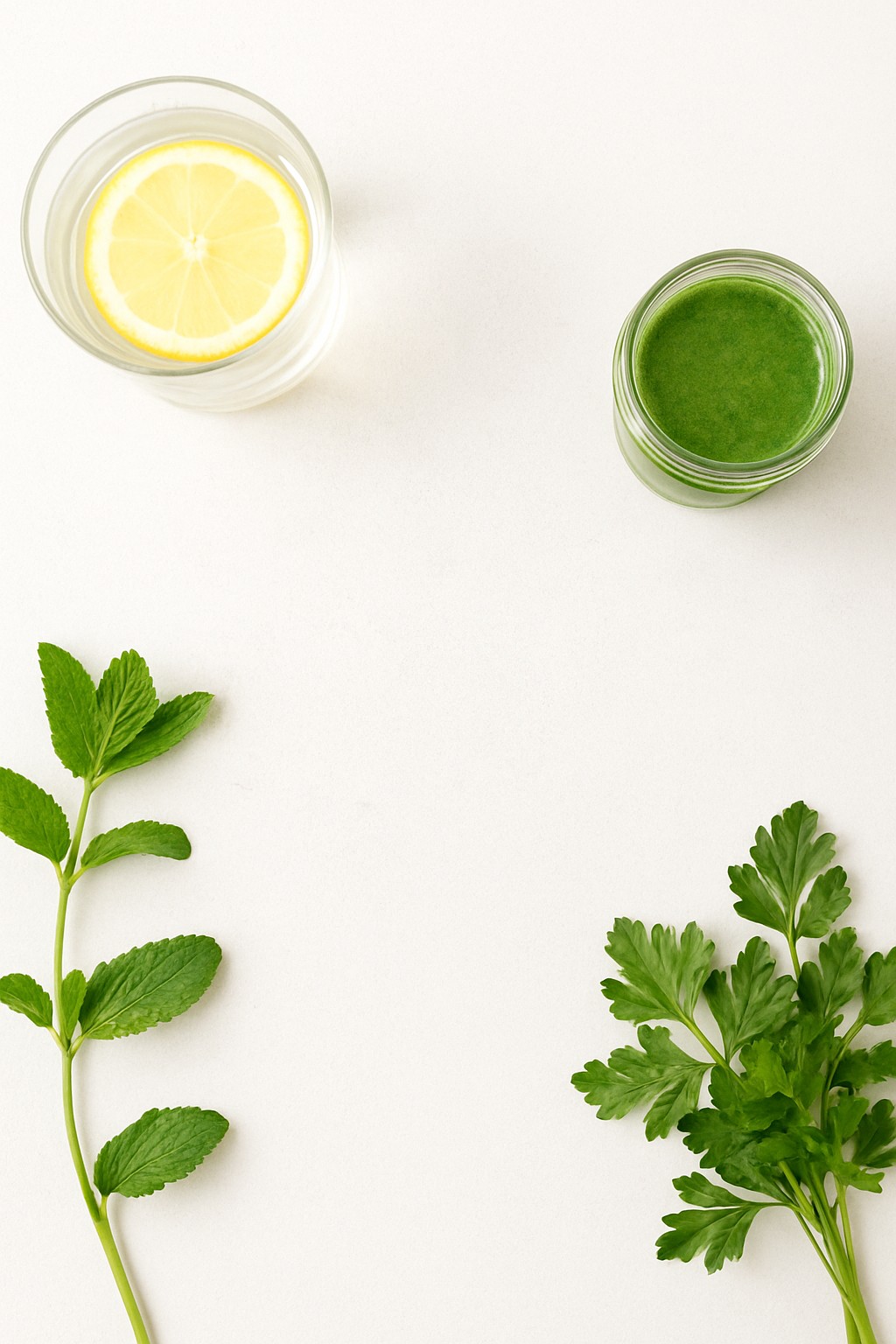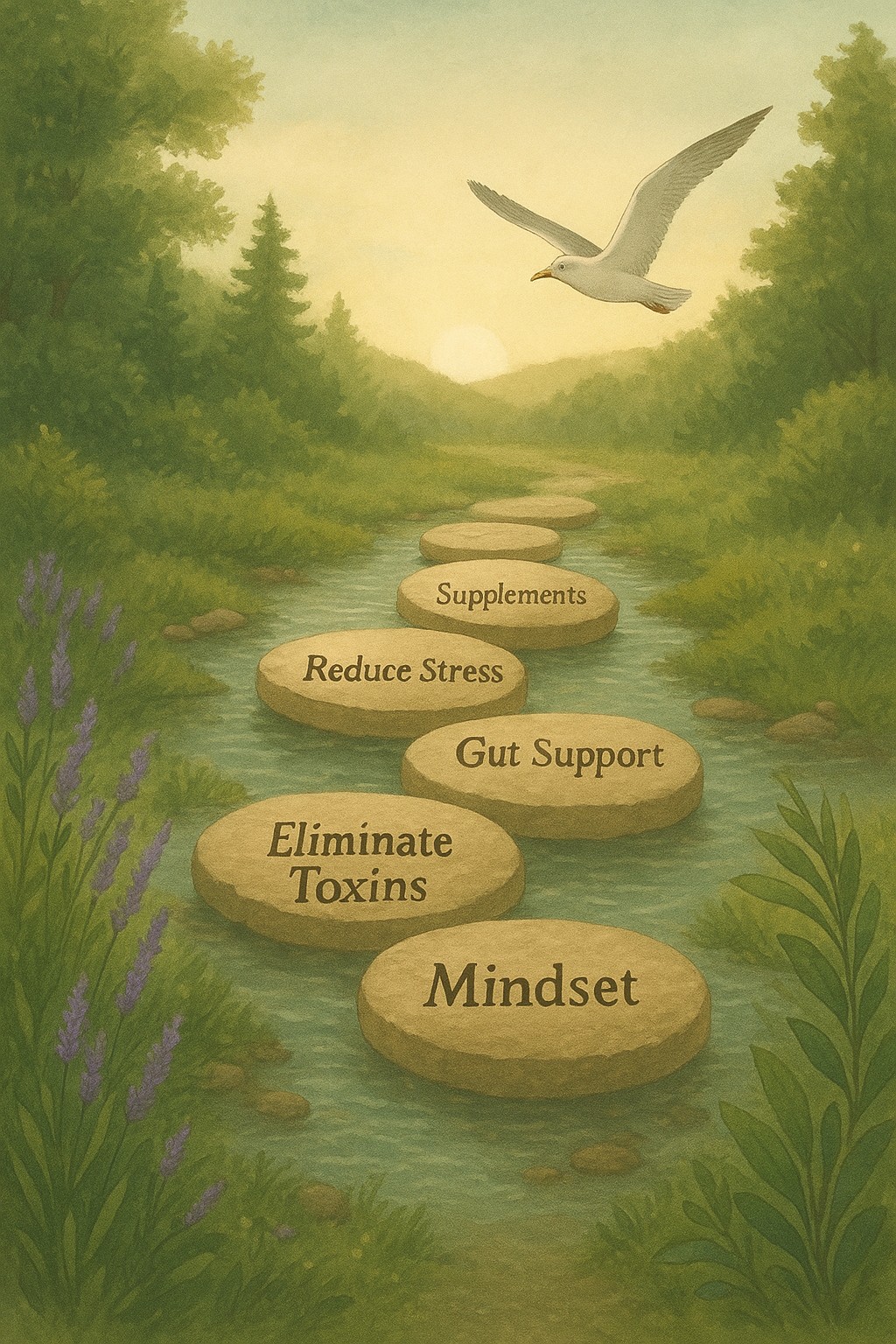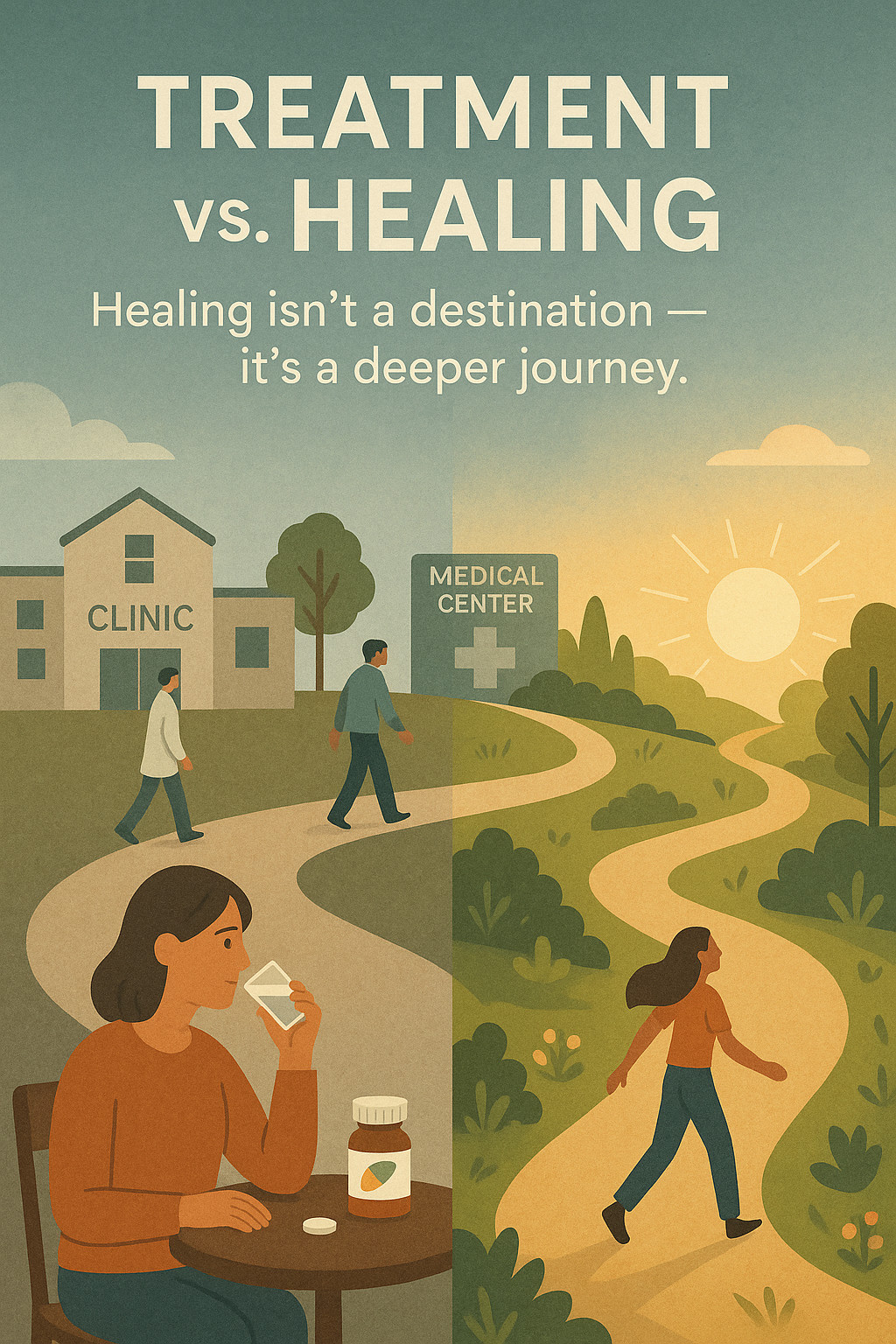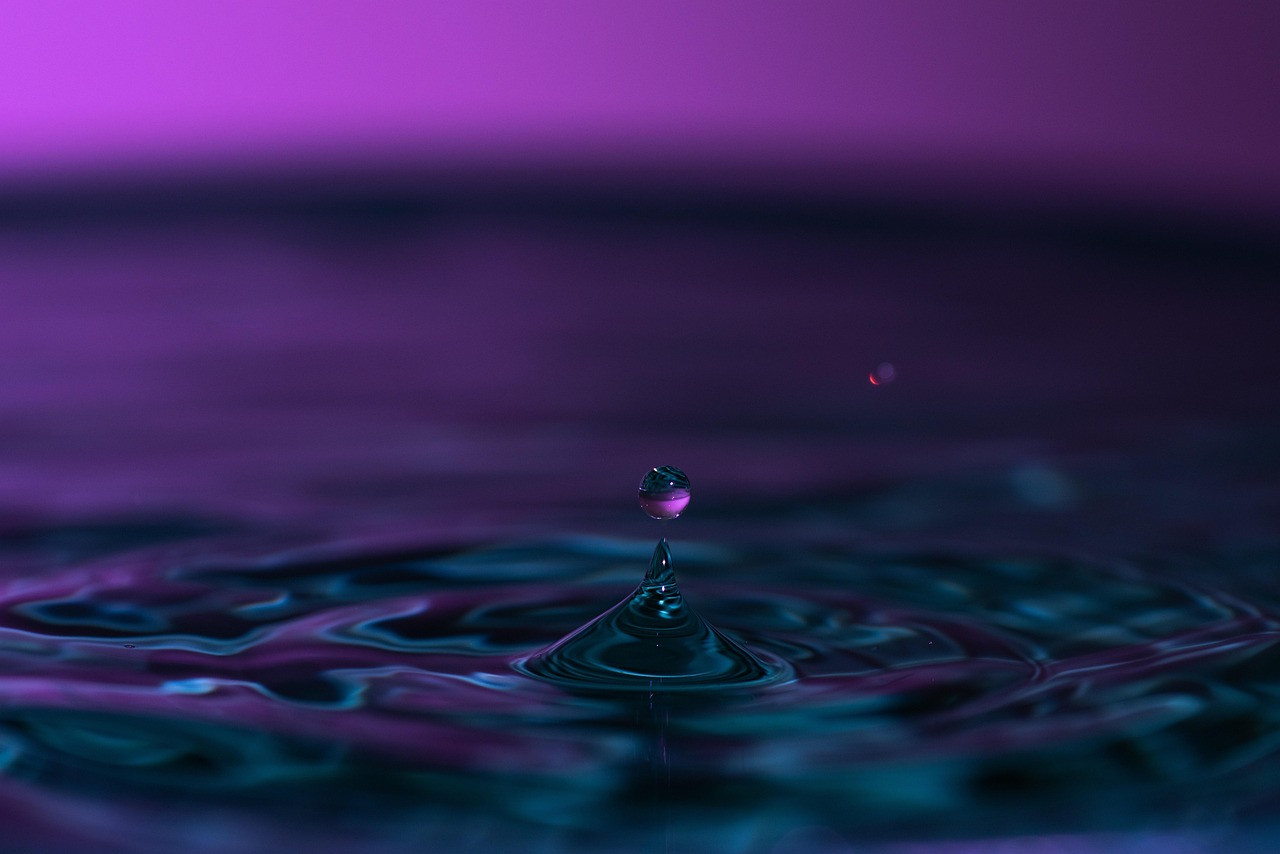
Women use an average of 12 personal care products daily, exposing themselves to a cocktail of chemicals that can significantly impact their health. Among these, toxins, carcinogens, and endocrine-disrupting chemicals (EDCs) are raising growing concerns. Many ingredients in common beauty products have been linked to hormone disruption, cancer, autoimmune disease, and even issues with blood and platelet health. But not all countries regulate these ingredients equally—a stark contrast exists between standards in the U.S. and Europe.
The U.S. vs. Europe: A Tale of Two Standards
The European Union (EU) is recognized for its stringent regulations on cosmetic ingredients. Over 1,600 substances are banned or restricted from use in personal care products across EU countries. These include known carcinogens, allergens, and endocrine disruptors. For example, parabens—a group of preservatives linked to hormone disruption—are highly restricted in Europe but remain common in U.S. products.
In contrast, the United States has banned or restricted only 30 cosmetic ingredients. The last major federal law regulating cosmetics, the Food, Drug, and Cosmetic Act, was enacted in 1938. This outdated legislation leaves companies largely responsible for self-regulating the safety of their products. Ingredients like formaldehyde (a known carcinogen) and phthalates (linked to endocrine disruption) are still found in American cosmetic products.
Why It Matters
The lack of comprehensive regulation means that many women unknowingly apply harmful chemicals to their skin daily. Endocrine-disrupting chemicals can mimic or interfere with hormones, potentially affecting fertility, pregnancy, and even breast cancer risk. Additionally, exposure to these chemicals has been linked to autoimmune diseases and blood-related issues, such as changes in platelet function. Carcinogens pose long-term cancer risks, while toxins may contribute to allergic reactions, skin irritations, and chronic health issues.
Choosing Safer Alternatives
Given the risks, it's crucial to be an informed consumer. Switching to products formulated without parabens, phthalates, or synthetic fragrances is a significant first step. However, the burden continues to be on the consumer to read labels, do their own research, and find companies with the highest standards.
Take Action
As someone passionate about safe cosmetics, I’ve discovered a toxin-free makeup line that aligns with my values and health priorities. These products are free from carcinogens, EDCs, and other harmful chemicals while delivering exceptional quality. Although it is not a product I “sell”, I do have an affiliate link you can check out:















0 Comments